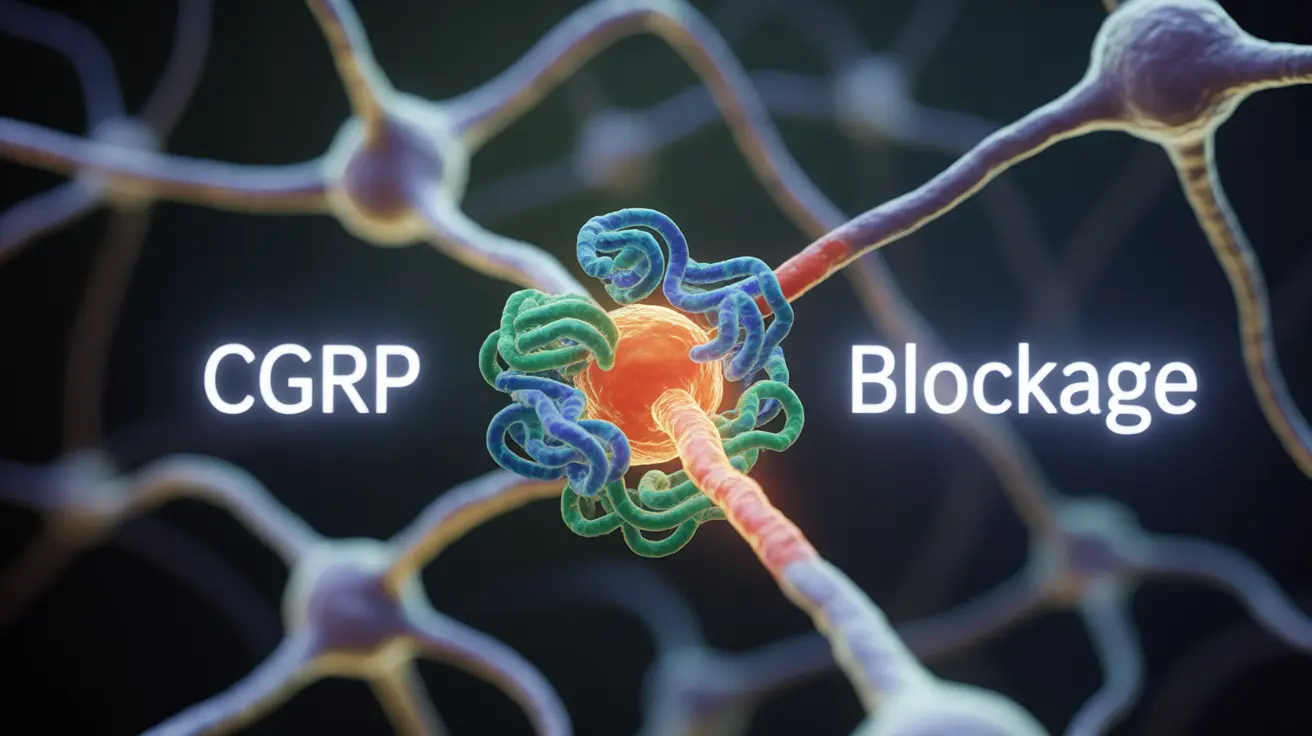Living with migraines can be debilitating, but a revolutionary class of medications targeting CGRP (Calcitonin Gene-Related Peptide) has transformed the landscape of migraine treatment. These innovative therapies offer new hope for millions of people who struggle with both episodic and chronic migraines, particularly those who haven't found relief through conventional treatments.
Understanding how CGRP inhibitors work and their role in migraine management is crucial for anyone considering this treatment option. Let's explore the science behind these medications, their effectiveness, and what you need to know about their use in migraine prevention and treatment.
Understanding CGRP and Its Role in Migraines
CGRP is a protein that plays a crucial role in pain signaling and inflammation within the nervous system. During a migraine attack, CGRP levels increase significantly, leading to blood vessel dilation and inflammation in the brain. This process triggers the intense pain and associated symptoms characteristic of migraine attacks.
Scientists have discovered that people with migraines often have elevated CGRP levels, making this protein a prime target for migraine treatment. By blocking CGRP or its receptor, these new medications can help prevent or reduce the severity of migraine attacks.
How CGRP Inhibitor Medications Work
CGRP inhibitors function through two main mechanisms:
- Monoclonal antibodies that target CGRP directly
- Receptor antagonists that block CGRP from binding to its receptors
These medications can be administered in different ways, including:
- Monthly or quarterly self-administered injections
- Oral tablets for acute treatment
- Intravenous infusions in clinical settings
Types of CGRP Medications Available
Preventive Treatments
Several FDA-approved preventive CGRP treatments are available, including:
- Erenumab (Aimovig)
- Fremanezumab (Ajovy)
- Galcanezumab (Emgality)
- Eptinezumab (Vyepti)
Acute Treatments
For immediate relief during migraine attacks, there are oral CGRP antagonists such as:
- Ubrogepant (Ubrelvy)
- Rimegepant (Nurtec ODT)
Effectiveness and Benefits
Clinical studies have shown remarkable results with CGRP inhibitors, demonstrating:
- Significant reduction in monthly migraine days
- Decreased severity of migraine attacks
- Improved quality of life for patients
- Faster onset of relief compared to some traditional treatments
Safety Considerations and Side Effects
While CGRP inhibitors are generally well-tolerated, patients should be aware of potential side effects:
- Injection site reactions
- Constipation
- Muscle cramps
- Upper respiratory tract infections
- Nausea (with some oral medications)
Frequently Asked Questions
What is CGRP and how does it contribute to migraine attacks?
CGRP is a protein that plays a key role in pain signaling and inflammation. During migraine attacks, CGRP levels increase, causing blood vessel dilation and inflammation in the brain, which leads to migraine pain and associated symptoms.
How do CGRP-targeted medications work to prevent or reduce migraine symptoms?
CGRP-targeted medications work by either binding directly to CGRP or blocking its receptors, preventing the protein from triggering the cascade of events that lead to migraine attacks. This helps reduce both the frequency and severity of migraines.
What are the common side effects and safety concerns of CGRP inhibitors for migraine treatment?
Common side effects include injection site reactions, constipation, and muscle cramps. While these medications are generally considered safe, patients should be monitored for allergic reactions and long-term effects, as this is a relatively new class of drugs.
Are CGRP migraine treatments effective for people who have not responded to traditional therapies?
Yes, clinical studies have shown that CGRP inhibitors can be effective for many patients who haven't responded well to traditional migraine treatments, offering a new option for those with treatment-resistant migraines.
Can CGRP inhibitors be used for both episodic and chronic migraine prevention?
Yes, CGRP inhibitors have been FDA-approved for both episodic and chronic migraine prevention. They have shown effectiveness in reducing migraine frequency regardless of whether patients experience episodic or chronic migraines.




